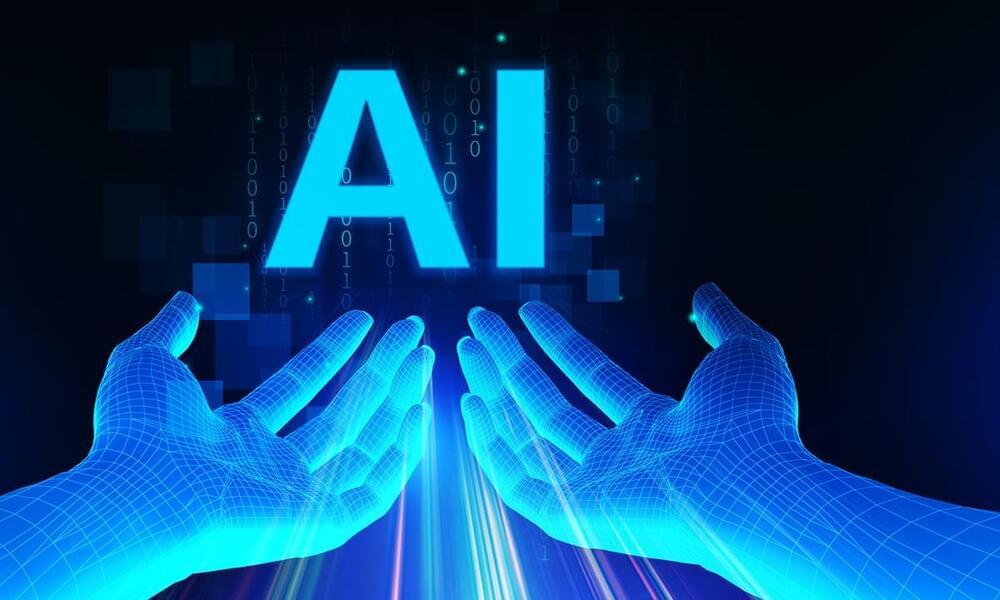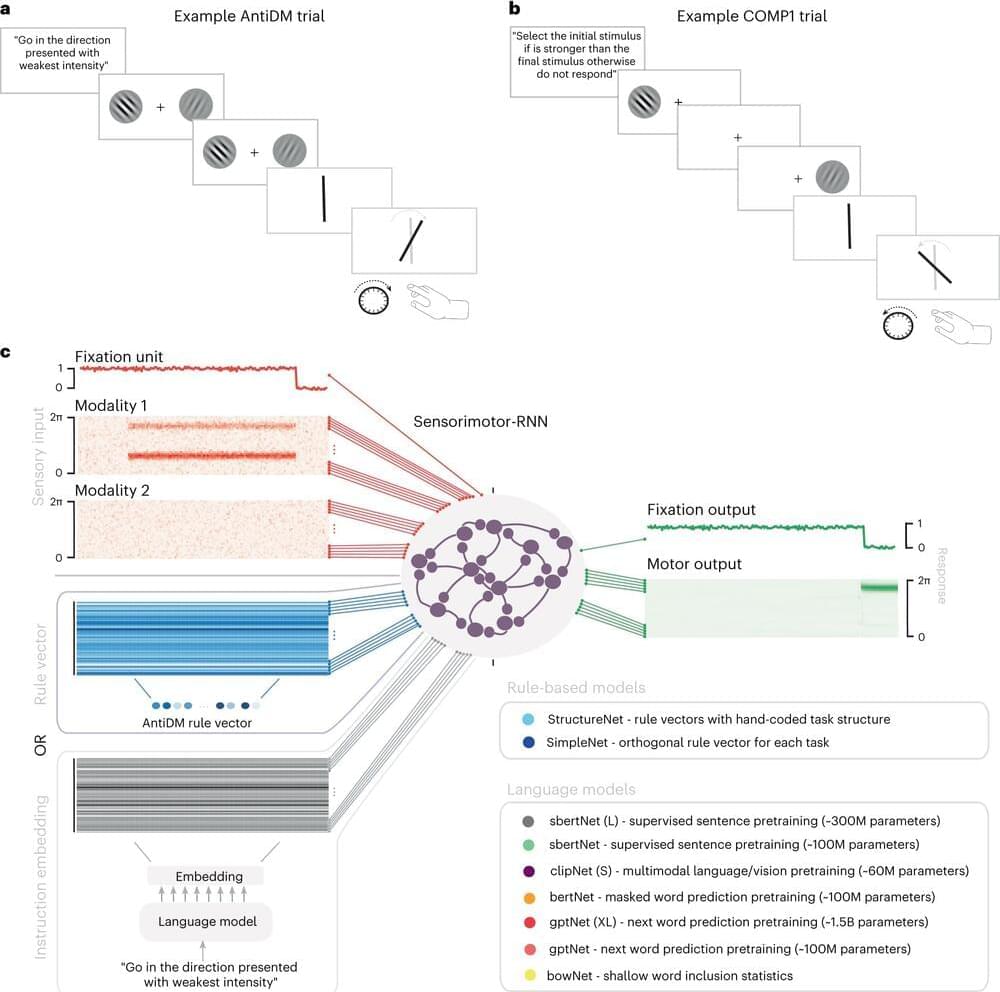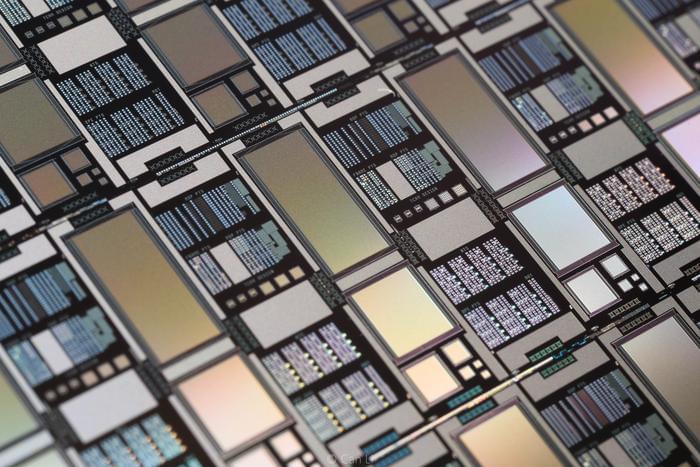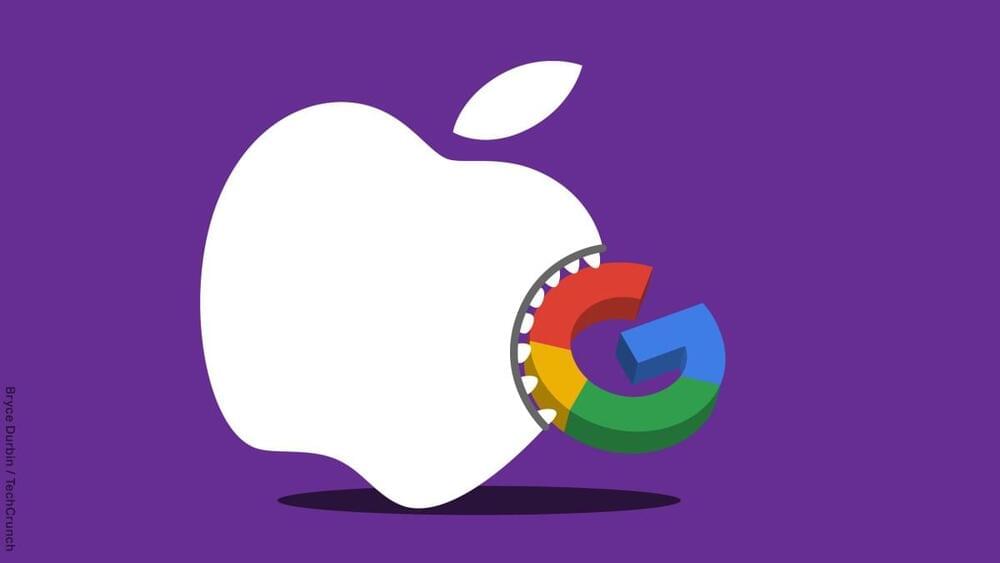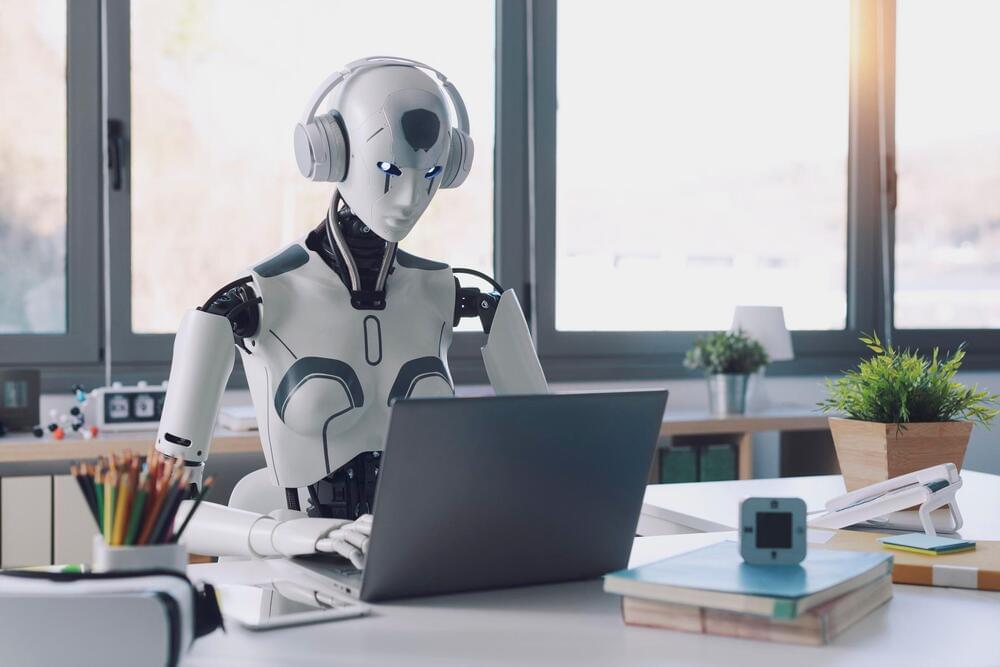On Saturday, Chinese scholars unveiled a preliminary proposal draft in Beijing that could potentially shape the nation’s forthcoming artificial intelligence (AI) law.
The proposal draft pays attention to the development issues of industrial practice in the three areas of data, computing power and algorithms, Zhao Jingwu, an associate professor from BeiHang University Law School, told the Global Times.
Zhao said that the proposal also introduces the AI insurance system that encourages the intervention of the insurance market through policy incentives, exploring insurance products suitable for the AI industry. In addition, it proposes the enhancement of citizens’ digital literacy, aiming to prevent and control the security risks of the technology from the user end.
